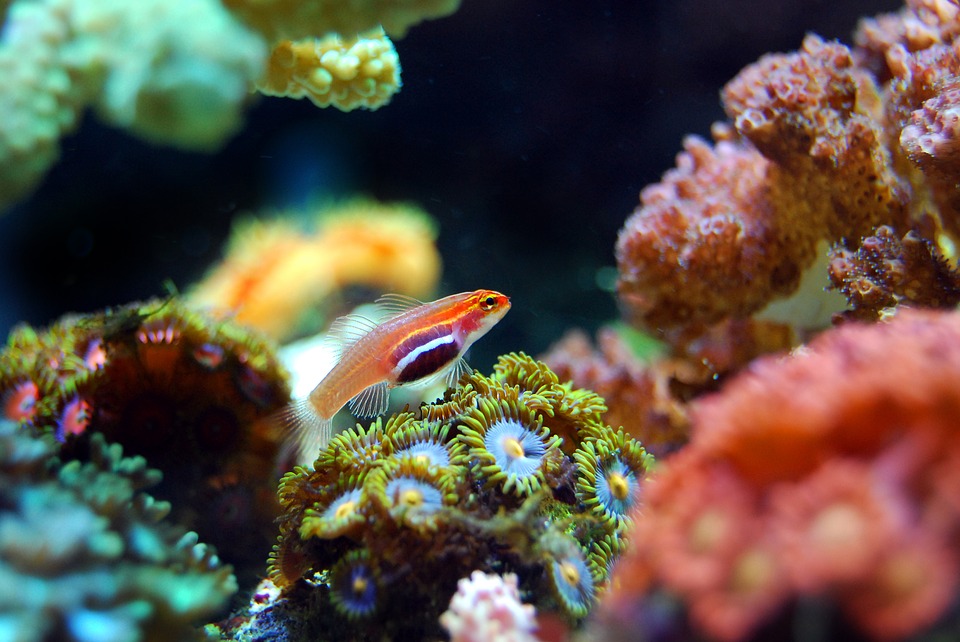
MANILA — A multi-agency technical working group is set to lay out a Philippine roadmap for blue carbon control, according to an official of the state-run Climate Change Commission (CCC).
“The roadmap will identify measures for dealing with blue carbon,” said CCC development management officer Seal Patiño.
Blue carbon is carbon captured by and stored in coastal and marine ecosystems worldwide.
Among those ecosystems are mangroves, which provide shoreline protection and other benefits.
Mangroves are groups of trees and shrubs in intertidal zones or areas exposed to the air at low tide and submerged during high tide, noted experts.
Captured carbon that accumulated within the ecosystems was stored in stems and other parts of plants there, they said.
When coastal and marine ecosystems are either degraded or lost, however, they said such carbon escapes and returns to the atmosphere as carbon dioxide (CO2).
CO2 is among greenhouse gases trapping heat in the atmosphere, raising the temperature, and so, climate change results.
Experts already identified the Philippines as one of the countries most vulnerable to climate change.
Studies indicate the country is losing its capability to naturally help capture and store blue carbon.
Such studies warn that human activities like land conversion for aquaculture and other purposes have already altered much of the country’s mangroves.
Those activities helped reduce by more than half the estimated 500,000 hectares of mangroves that existed nationwide during the early 20th century, the studies noted.
Earlier, CCC Commissioner Noel Gaerlan raised the urgency for better conserving, protecting, and sustainably managing coastal and marine ecosystems nationwide.
“Climate change is a real threat to the country,” he said.
He added saving coastal and marine ecosystems from either further degradation or loss would enable these natural resources to continue capturing and storing blue carbon. (PNA)